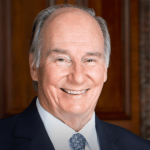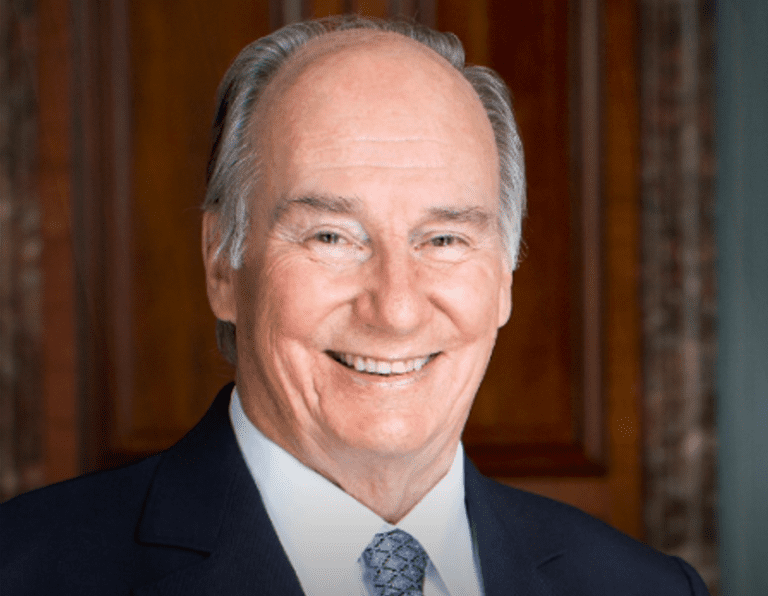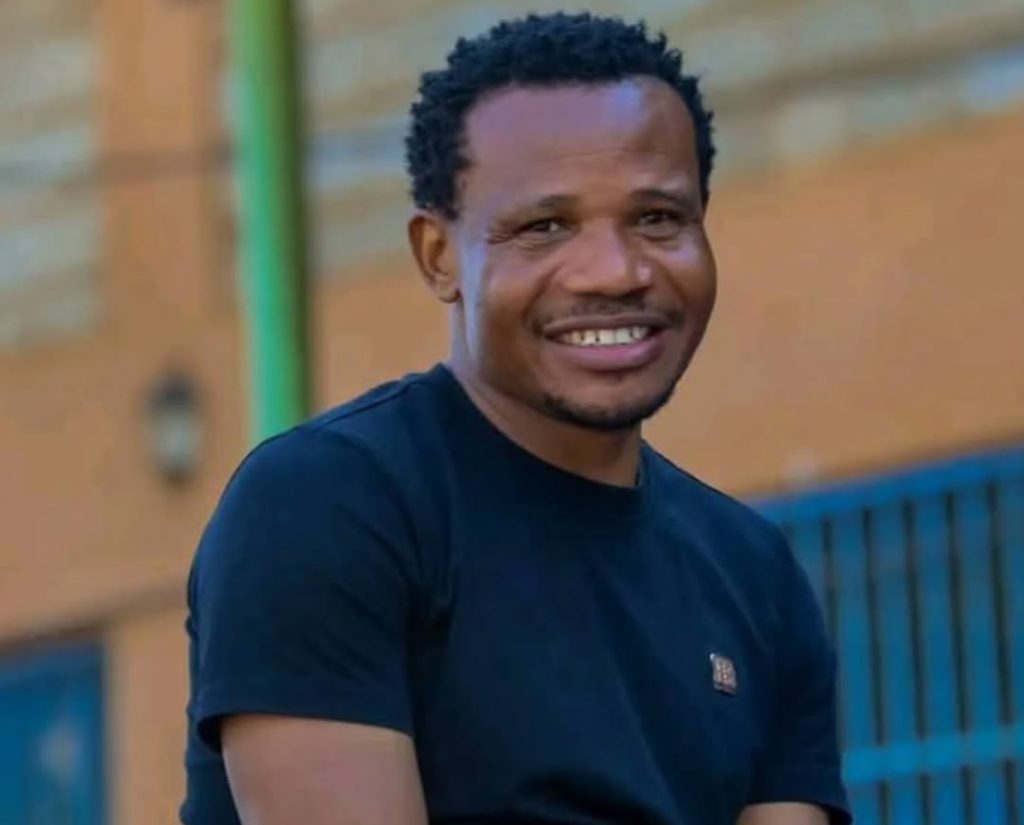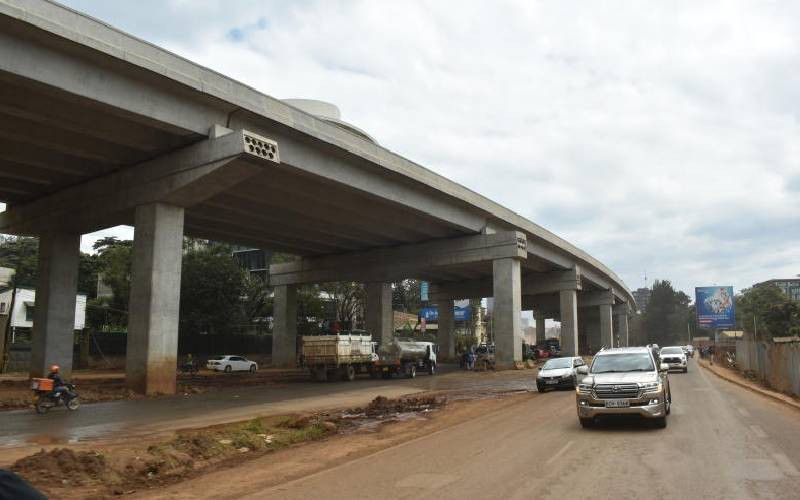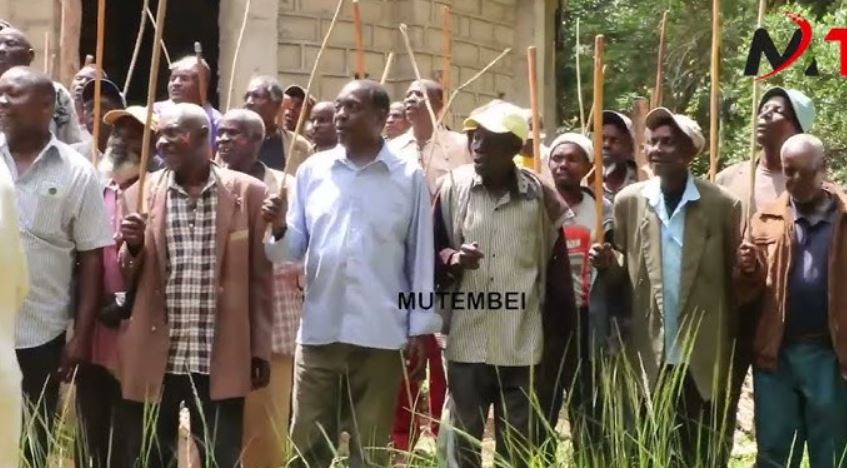The U.S. has notified the United Nations that it is freezing some funding to a U.N.-backed mission in Haiti tasked with fighting gangs trying to seize full control of the country’s capital, the U.N. said Tuesday.
The U.S. has been the biggest contributor to the mission led by Kenyan police, which was launched last year and is struggling with a lack of funding and personnel. The change in funding will have an “immediate impact,” U.N. spokesman Stéphane Dujarric said.
The move comes as U.S. President Donald Trump has imposed a sweeping freeze on foreign assistance, leading to thousands of U.S. aid agency employees and contractors being laid off and programs worldwide shut down.
U.S. Secretary of State Marco Rubio has offered a waiver for life-saving programs, but confusion over what is exempt from stop-work orders — and fear of losing U.S. aid permanently — is still freezing aid and development work globally.
The United States had committed Ksh1.9 billion to the trust fund that helps finance the multinational force in Haiti, Dujarric said. With Ksh219million of that already spent, “Ksh1.6billion is now frozen,” he said.
“We will await further guidance from the U.S. regarding its contribution,” the U.N. spokesman said.
Kenyan mission surprised
The fund, which now has less than $100 million of the estimated $600 million required annually for the multinational force, is not the only U.S. support for the mission. Millions more U.S. dollars have been contributed directly to operations and support.
On Jan. 29, the U.S. State Department approved an aid freeze waiver for the mission for $41 million and waiver requests for another more than $30 million in assistance are pending, according to U.S. officials.
The funding that was halted appeared to take officials leading the Kenyan mission by surprise. When asked for comment, mission spokesman Jack Mbaka declined to give any immediate reaction.
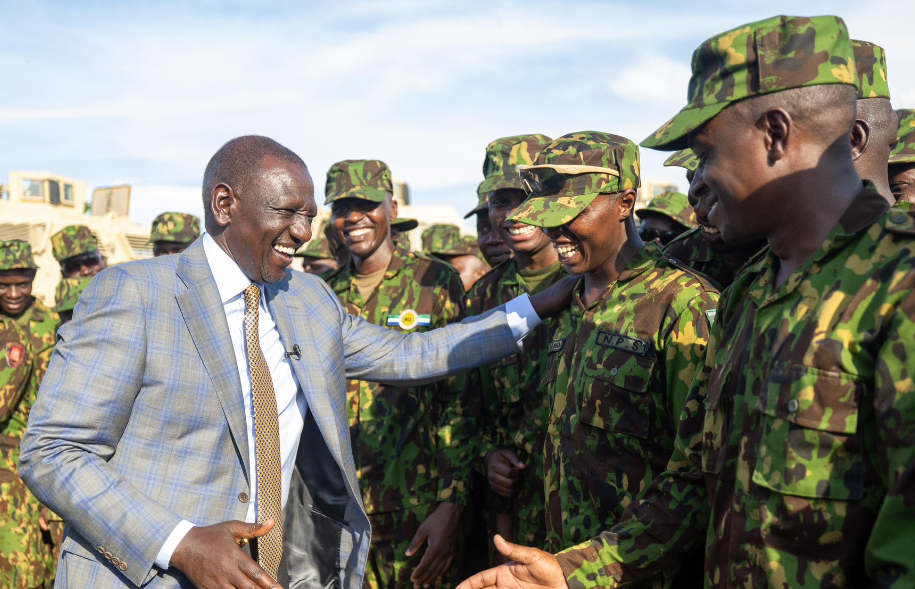
The mission works alongside Haiti’s National Police, which is severely underfunded and understaffed and has received millions of dollars from the U.S. government in recent years to help fight gangs. Currently, there are only about 4,000 Haitian police officers on duty at a time in a country of more than 11 million people.
The announcement was made just hours after a military contingent of 70 soldiers from El Salvador arrived in Haiti, joining more than 600 Kenyan police officers already on the ground backed by police and soldiers from other countries including Jamaica and Guatemala.
It’s unclear what impact the change in U.S. funding for the mission might have on efforts to transform it into a U.N. peacekeeping mission.
Already short-staffed
“The international security mission in Haiti was already facing very great odds; it was already very short-staffed. With this withdrawal of aid, it will make their job there even harder,” said Michael Deibert, author of “Notes From the Last Testament: The Struggle for Haiti,” and “Haiti Will Not Perish: A Recent History.”
There has been a relentless attack by hundreds of gang members in an upscale neighbourhood in the capital of Port-au-Prince that began more than a week ago and has left at least 40 dead.
Gangs already control 85% of the capital, and U.N. Secretary-General António Guterres recently warned they could overrun Port-au-Prince without additional support for the multinational force.
More than 5,600 people were reported killed last year across Haiti and more than 2,200 others were injured. Gang violence has left more than one million people homeless in recent years, according to the U.N.
“It’s obvious that the situation in Haiti is one of unprecedented severity,” said Diego Da Rin, an analyst with the International Crisis Group.
Dujarric said a recent U.N. human rights report on Haiti reiterated concerns over the continuing rape and sexual exploitation of women and girls by gang members and the recruitment of children.
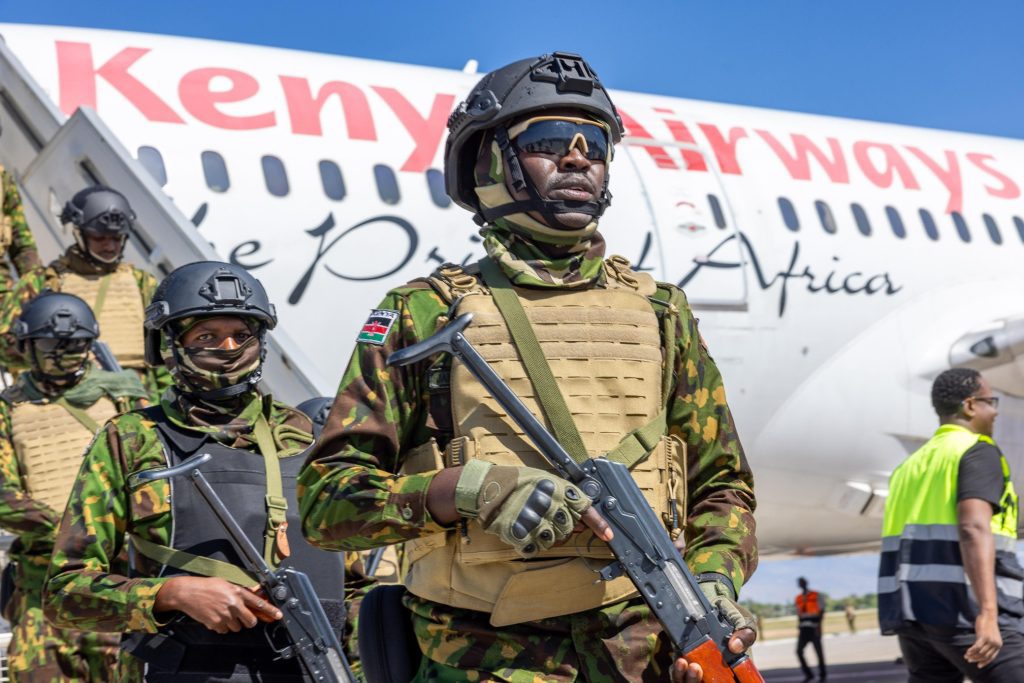

Shrinking U.S. funding for the multinational mission could force authorities to come up with a local solution to tackle the ongoing insecurity, said Jake Johnston, international research director at the Washington-based Center for Economic and Policy Research.
“The absence of U.S. funding does not have to mean the end of anything,” he said, adding that it would force the Haitian government to assume its responsibility, although it’s unclear if it would be willing or able to do so.
Johnston said in a phone interview that it’s hard to determine the immediate impact.
“This was a concern from the very beginning, creating this multinational thing that would just be financed by the U.S. was putting a tremendous amount of eggs in one basket,” he said. “The fault of that strategy is becoming more apparent.”
Haiti already has been hit in other ways by the freeze, which halted some $330 million in commitments to a range of programs across the country, including one that offers treatment for HIV/AIDS, said Johnston, author of “Aid State: Elite Panic, Disaster Capitalism, and the Battle to Control Haiti.”
“Few countries across the world are as dependent on U.S. foreign assistance as Haiti,” he wrote in an essay published Tuesday.
